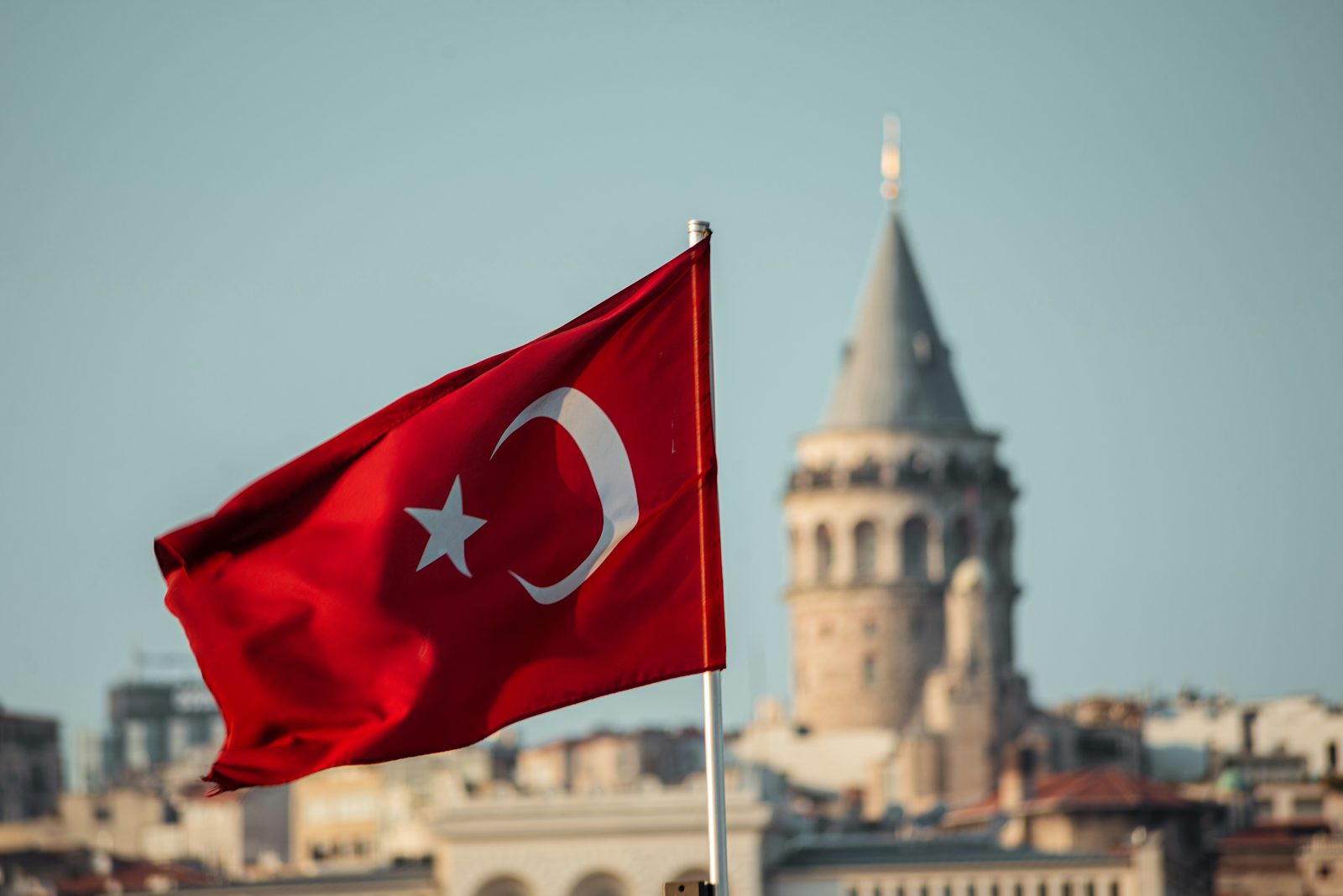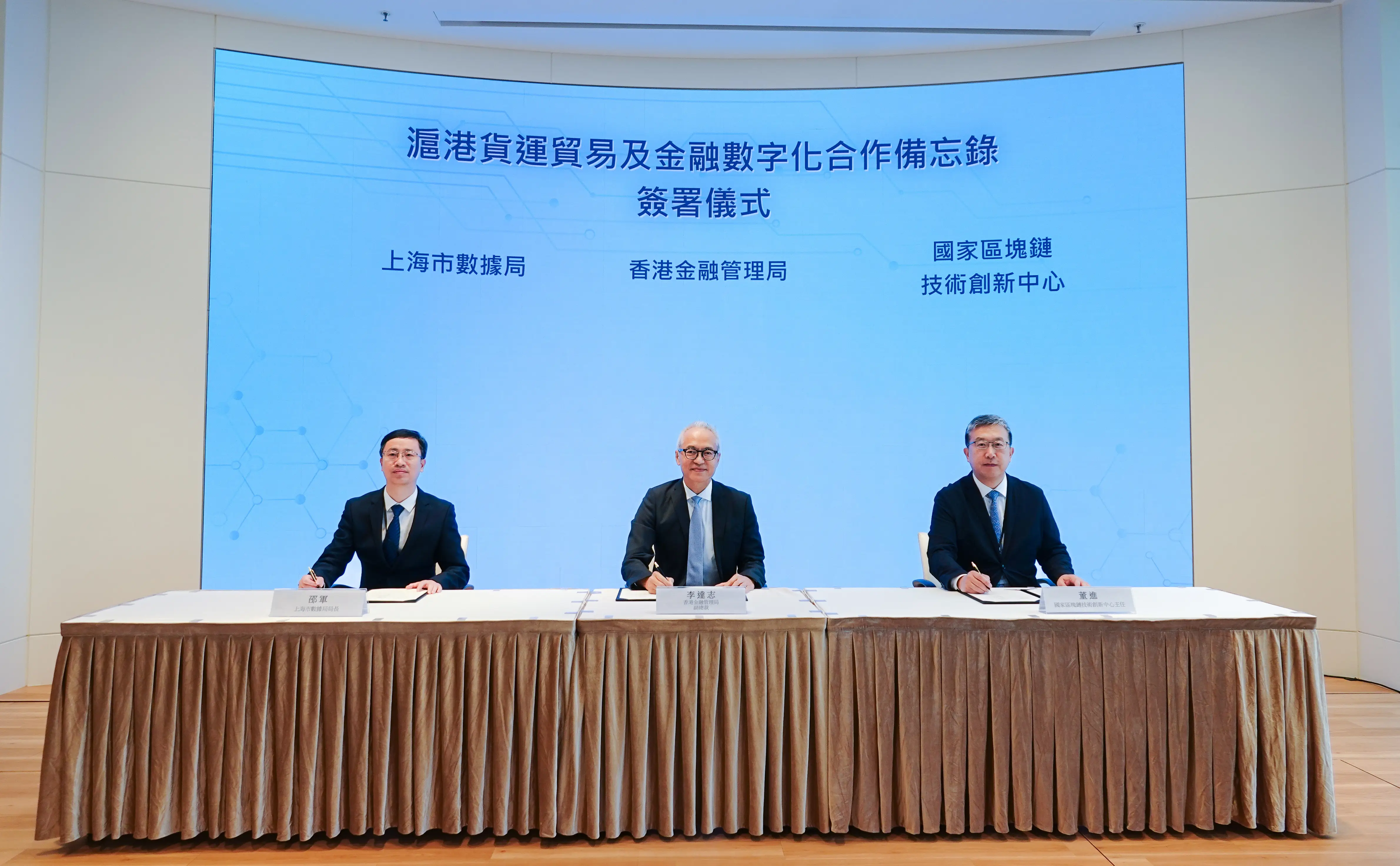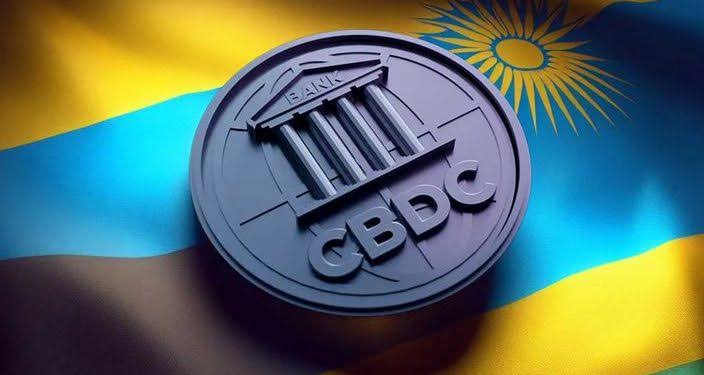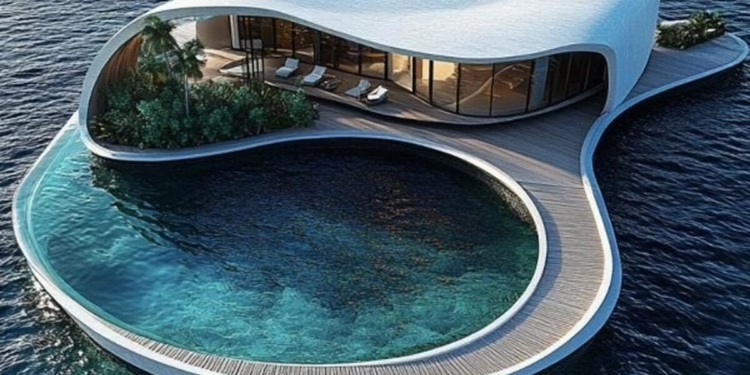The Trump Organization announced plans Tuesday to build a luxury resort in the Maldives that will raise up to 70% of its capital through tokenized ownership—marking one of the highest-profile mergers of real estate and blockchain finance tied to the U.S. president.
The project, developed in partnership with Saudi-based Dar Global, is expected to open in Malé by 2028 with roughly 80 villas. It adds to Donald Trump’s growing crypto portfolio, which has generated more than $1 billion through ventures including World Liberty Financial and Trump-branded memecoins.
The Trump Organization said the Trump Maldives resort will introduce tokenized ownership opportunities as part of its capital-raising strategy.
The approach links the Trump Maldives resort directly to the United States president’s growing portfolio of crypto-related ventures. The resort, projected to open in Malé by 2028, underscores a broader trend of blending physical developments with blockchain-based fractional ownership.
“We are delighted to bring the Trump brand to the Maldives in collaboration with Dar Global,” said Eric Trump, Executive Vice President of the Trump Organization. “This development will not only redefine luxury in the region but also set a new benchmark for innovation in real estate investment through tokenization.”
Tokenization at the center of the Trump Maldives resort plan
The resort is expected to feature roughly 80 villas, including private beach estates and overwater bungalows. Under the plan announced Tuesday, developers could raise up to 70% of project capital through digital tokens representing fractional ownership.
While token rights remain unspecified, similar models typically offer investors revenue-sharing, dividends, or resale opportunities. The approach places the project among a growing list of developments experimenting with blockchain-enabled funding.
For crypto investors, the initiative provides another avenue linking luxury tourism to digital asset investment. For policy makers, the tokenization plan associated with the Trump Maldives resort intensifies debates about cross-border financial flows and potential conflicts of interest.
The push into tokenized real estate is consistent with Donald Trump’s wider crypto involvement. Through ventures such as World Liberty Financial and the release of Trump and Melania-branded memecoins, the family has earned more than $1 billion. The Trump Maldives resort therefore extends a broader expansion strategy that blends political visibility with high-profile digital asset ventures.
Political concerns surround the Trump Maldives resort initiative
While the private sector may view the Trump Maldives resort as an innovative investment opportunity, the project also brings renewed scrutiny over how presidential business ties intersect with policymaking.
Several U.S. senators have previously expressed concerns over possible conflicts of interest linked to Trump’s crypto ventures. This added attention places the Trump Maldives resort under the same spotlight.
Trump on Tuesday dismissed questions relating to the family’s relationship with Saudi Arabia, particularly during Crown Prince Mohammed bin Salman’s visit to the Oval Office. Asked about potential conflicts stemming from the Trump Maldives resort and other business dealings, Trump stated that he has “nothing to do” with the company’s decisions.
The political dimension surrounding the Trump Maldives resort is amplified by Saudi Arabia’s announcement of plans to increase investment in the United States from $600 billion to nearly $1 trillion. Much of this investment will target technology and artificial intelligence — sectors that overlap with digital asset development and tokenized infrastructure.
A project positioned at the intersection of crypto innovation and geopolitical influence
As the Trump Maldives resort moves forward, industry observers note how the development highlights a broader global trend: the merging of tokenized real estate, geopolitical partnerships, and luxury tourism.
For crypto investors, the Trump Maldives resort offers an example of how blockchain technology is entering traditional asset markets. For policy makers, it raises regulatory and ethical questions. For the general public, the project demonstrates how political families are leveraging their brands in the evolving digital economy.
Whether the Trump Maldives resort becomes a model for future tokenized developments will depend on regulatory clarity, investor response, and the broader political climate. But its launch signals that the fusion of blockchain finance and high-profile real estate is becoming increasingly mainstream.












